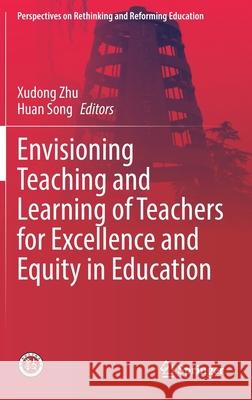Envisioning Teaching and Learning of Teachers for Excellence and Equity in Education » książka
topmenu
Envisioning Teaching and Learning of Teachers for Excellence and Equity in Education
ISBN-13: 9789811628016 / Angielski / Twarda / 2021 / 266 str.
Kategorie:
Kategorie BISAC:
Wydawca:
Springer
Seria wydawnicza:
Język:
Angielski
ISBN-13:
9789811628016
Rok wydania:
2021
Wydanie:
2021
Numer serii:
000790661
Ilość stron:
266
Waga:
0.56 kg
Wymiary:
23.39 x 15.6 x 1.75
Oprawa:
Twarda
Wolumenów:
01
Dodatkowe informacje:
Wydanie ilustrowane











